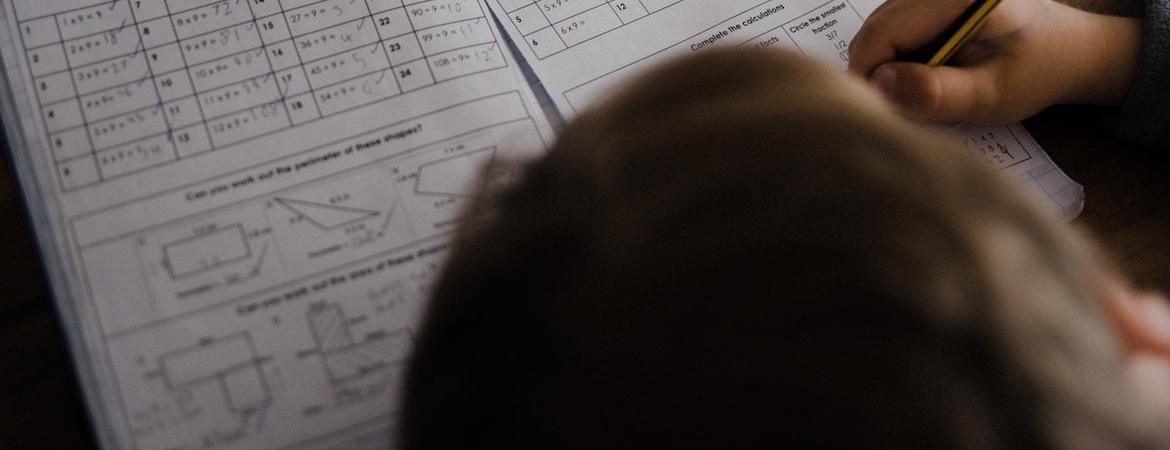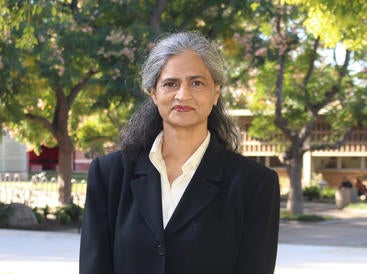
Think back to elementary school math class: Do you remember making the jump from addition and subtraction to multiplication and division?
You might have strong recollections of memorizing your times tables. But what you probably didn’t realize at the time was that the mathematics you were learning then would be the foundation for the mathematics you’d learn in the future.
Multiplicative reasoning is central to further progress within mathematics, especially as students move forward to fractions, ratios and proportions, and algebra, among other topics. Yet for many students, the transition from additive reasoning to multiplicative reasoning isn’t straightforward and represents a persistent barrier to mathematical progress in middle school, said Asha Jitendra of the University of California, Riverside.
Jitendra is a professor and Peloy Chair in Learning Disabilities in UC Riverside’s Graduate School of Education. In July, she was awarded a multiyear grant to develop and test an intervention to help third-grade students with or at risk for mathematics difficulties gain a more robust understanding of whole-number multiplication and division.
The grant, which comes from the U.S. Department of Education’s Institute of Education Sciences, includes nearly $1.4 million over the next three years.
“Multiplicative reasoning is a key focus of mathematics instruction in grades three to five,” Jitendra said. “Our multiplicative reasoning intervention will focus on developing understanding of whole-number multiplication and division rather than emphasizing a series of steps or procedures to solve problems.”
The latter approach is considered rote learning and doesn’t necessarily give students the tools to solve complex and nonroutine problems, Jitendra added.
The project is a collaborative effort between Jitendra, Barbara Dougherty of the University of Hawaii, and Michael Harwell of the University of Minnesota. The researchers will partner with schools in local districts to develop, implement, and test the usability and feasibility of their intervention in the first and second years of the project. In the third year, they’ll conduct a pilot study with additional schools to examine the promise of the intervention in improving students’ mathematics achievement.
Jitendra, who joined UCR in 2018, was the recipient of the Council for Exceptional Children’s 2019 Special Education Research Award and its Division for Learning Disabilities’ Jeannette Fleischner Career Leadership Award. Her research focuses on instructional design and analysis, specifically the development of effective mathematics and reading interventions to address the diverse needs of elementary and middle school students.
Header photo by Annie Spratt via Unsplash.




